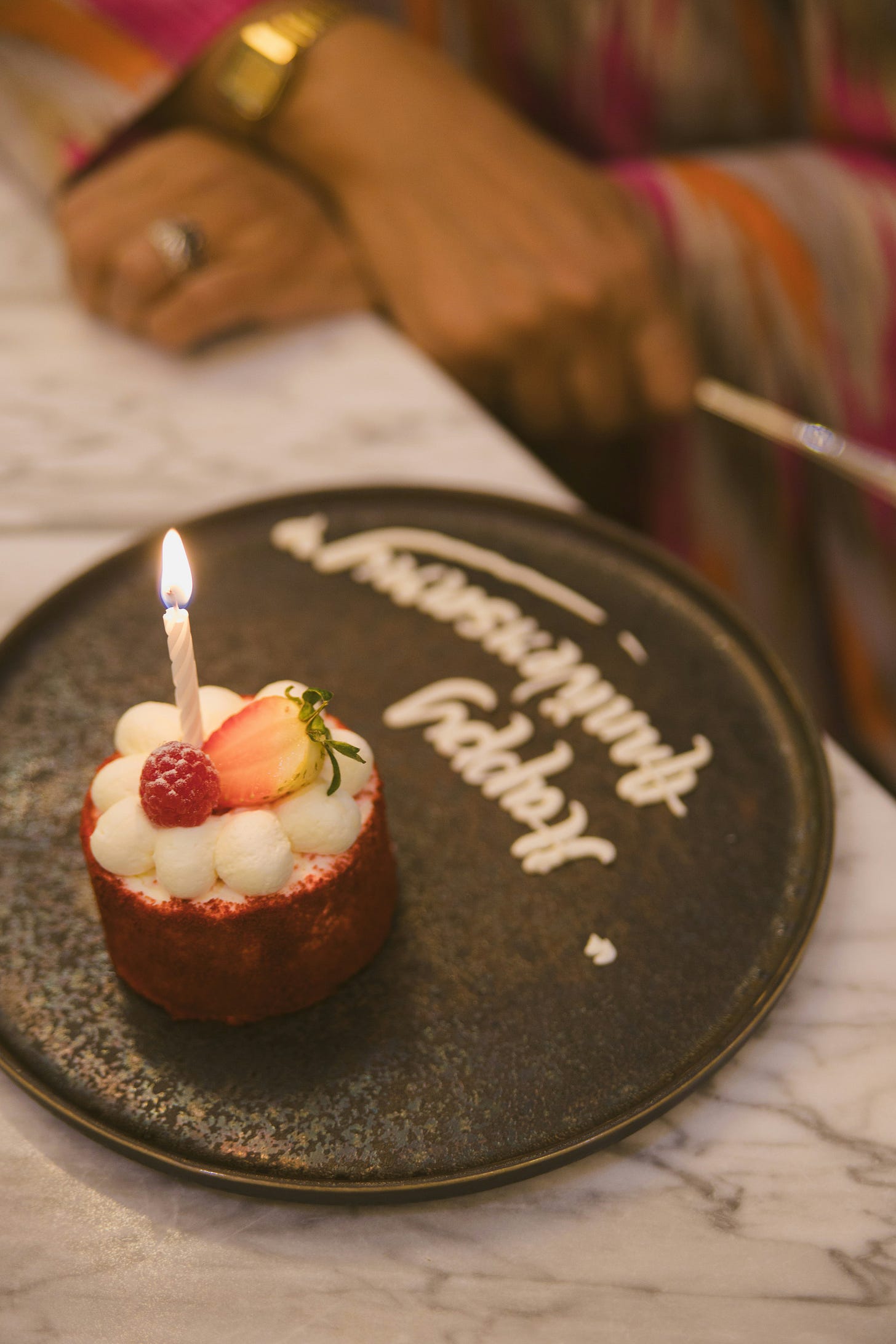“When a year later arrived, I didn’t like the date of Mom’s death being called an anniversary.”
I don’t recall if that statement was read in a book or was part of a conversation. But the sentence has stuck with me and bothered me.
My responsibilities at the hospice where I last worked included calling the bereaved. Based on that company’s guidelines, we tried to schedule calls several weeks and several months after the family member’s or friend’s death. With some exceptions, the final scheduled phone contact was near the one-year “anniversary” of the death date.
In many of those calls, no one answered. These days, people are more likely to let a phone ring and find out later who left—or didn’t leave—a message. There were disconnected numbers or ones that blocked “unknown” callers. However, quite a few people responded. They were at work or home or traveling and suddenly a voice on the other end asked them, almost a year later, how they were doing.
One memorable call involved a woman I had talked with in the past. In preparing for the call, I read my notes in the medical records and noted that we had chatted three or four times since her husband’s death. She was well supported by family, her close friends kept in touch, and she’d enthusiastically praised the hospice staff’s efforts while tending to her dying husband.
With every prior call, she was fine.
But not on the call that came eleven months after his death.
She cried. In a sense, because everyone is different in their grief, the deepest reality of his death didn’t impact her until nearly a year later. With her—I wish this would happen for more people—I was able to quickly connect her to an appointment with one of our grief counselors.
While talking to her, I bet I said I was calling “around the anniversary” of his death.
Anniversary?
Isn’t that supposed to be a fun word? Couples celebrate a first or tenth year of marriage. We have silver and golden anniversaries. Hallmark, along with other sites on the web, offer a host of lists for what you should get to help honor every annual occasion. The 9th anniversary is pottery. Really? Or how about an appliance for all the joy found in seventeen years together? (Here, honey, I got you this trash compactor to show my everlasting devotion?)
There are birthdays! And, of course we remember first dates and first kisses and first serious romances! Everyone will have their own private firsts; some mentionable, some not!
We are in the season of memorable, and troubling, anniversaries: it’s the first Thanksgiving, or the tenth Christmas, or during last year’s Hanukkah . . . was a holiday with empty chairs at the table.
But what about the date of a death? Bring on the black balloons?
Should that be called an anniversary?
Should I tried to remember to say: “I am calling about one year after the death”? (Though using the word “death” can be also emotionally loaded for grievers, I preferred it over lost or passed or gone.)
As with all of the happy occasions, there are personal, anguished anniversaries forever linked with the death. Grieving parents won’t forget when they took their child in to the physician’s office and received the diagnosis that changed everything. Grieving spouses know the exact date of the first or last time they were forced to go to the emergency room. For the bereaved, the calendar can become filled with memorable, miserable dates. Yes, they may be anxious about the next Thanksgiving that is clearly marked on everyone’s calendar, but they also dread a particular date in March or July that no one else would notice on any calendar. However, for them, a particular and painful anniversary haunts them as they approach that month and that week and that day.
So, what is the best thing to say?
I think the worst thing may be to not say anything. Even though some of your grieving friends and family may not like to talk about the death, that doesn’t mean you can’t send a note/text/email. I believe that openly sharing about the anguished moments and brightest memories will lead to more healing rather than more hurting.
Still, my question lingers: should a year (or five or ten years) after a death be called an “anniversary?”
+++++++++
Give a shoutout to Adnan Pervaiz on social or copy the text below to attribute.
My book, A Companion for the Hospice Journey is available at Amazon.




Yes, such an important thing to discuss around the holidays. Grief came in waves for me and the holidays are enough to trigger emotions. However my father's birthday is in early December, just a couple of weeks after mine and between Thanksgiving and Christmas. So I find myself feeling his loss around his birthday as well as on my own. My mother's birthday is in October, a few weeks before my own. Each year I miss her, especially with my novels being published.
My Jewish sister is remembering our mother’s Yahrzeit this month. I appreciate how the term is specific to this particular occasion.